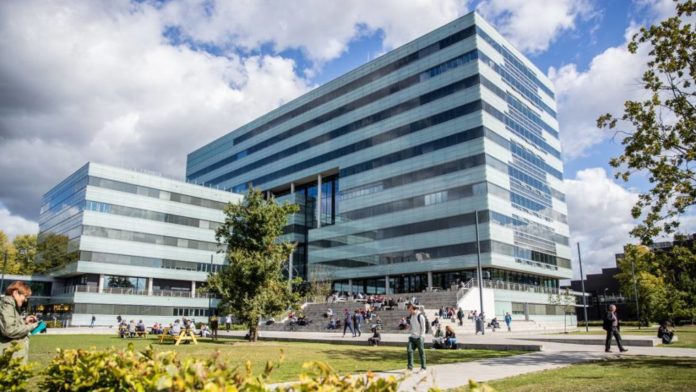The government intends to invest almost €1.4 billion in five projects.
These are those in which the Eindhoven University of Technology (TU/e) plays an integral role. The money will come from the National Growth Fund. About €121 million is immediately available.
The rest of the amount still needs to be substantiated. Or the TU/e and its partners need to meet certain conditions to get it. The five programmes are about quantum technology, green hydrogen, artificial intelligence (AI), an integrated care data system, and regenerative medicine.
Most to quantum technology research
The most significant amount, some €615 million, will go to quantum technology research. Quantum Delta NL Programme are handling this project. They think they can contribute between €5 billion and €7 billion to the Dutch Gross Domestic Product (GDP). That’s within seven years. They also reckon on creating 30,000 high-quality jobs in the long term.
The Green Power of the Dutch Economy project will get around €338 million. This research is being co-done by the TU/e EIRES institute’s researchers. “This fund gives an enormous boost to the field,” says Richard van Sanden, scientific director of EIRES.
“It also offers wonderful opportunities. Not only for TU/e in the field of electrolyser development. But in making the chemical industry more sustainable too.”
“There should be cooperation between the chemical, energy and manufacturing industries. And this should create thousands of new jobs. It should also give the Netherlands a solid lead in Europe in the field of hydrogen. It’s, therefore, a major boost to the greening of our economy,” says Van Sanden.
Other projects
The Fund has allocated €276 million for an AI project if it meets all the requirements. For the integrated care data system research, €69 million will be made available, while regenerative medicine will receive €56 million.
The National Growth Fund is a government initiative. It’s intended for one-off investments to projects that will contribute to future economic growth. TU/e projects participated in the first €4 billion round.
From the beginning of May, other programmes can submit a request. The government will allocate a total of €20 billion in the coming five years.
Source: Studio040
Translator: Melinda Walraven
















